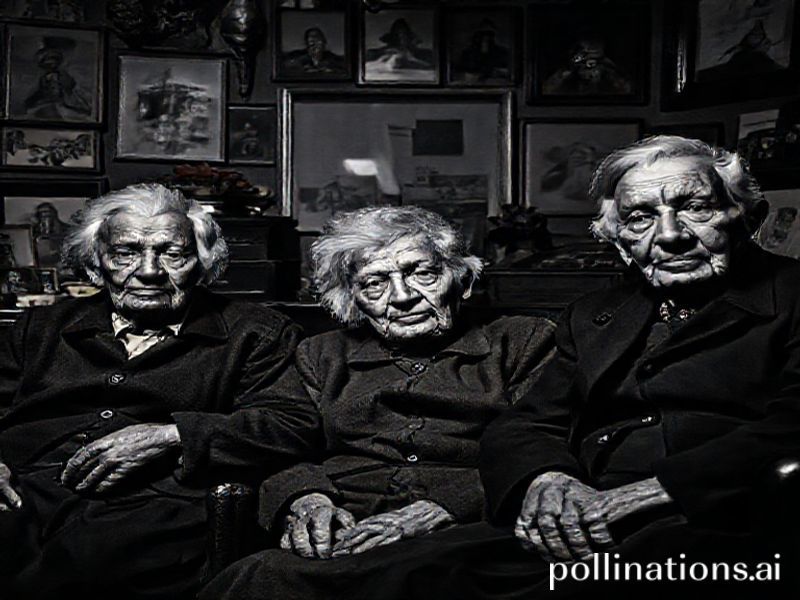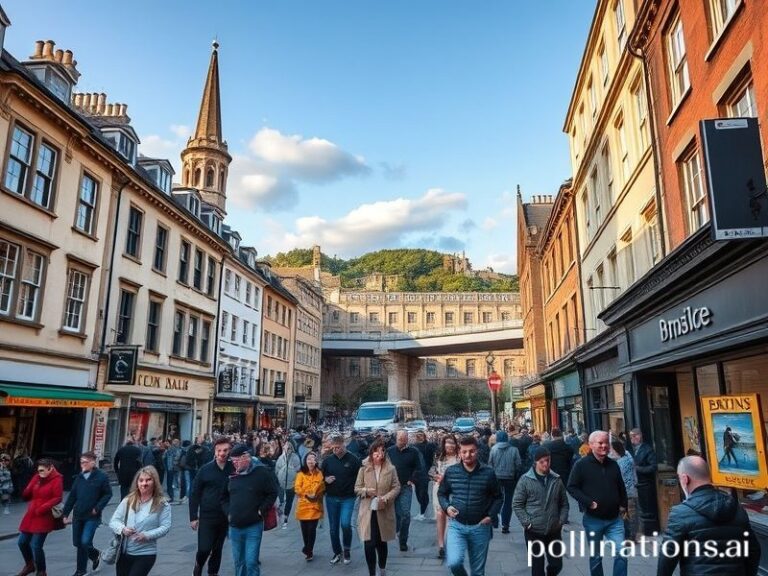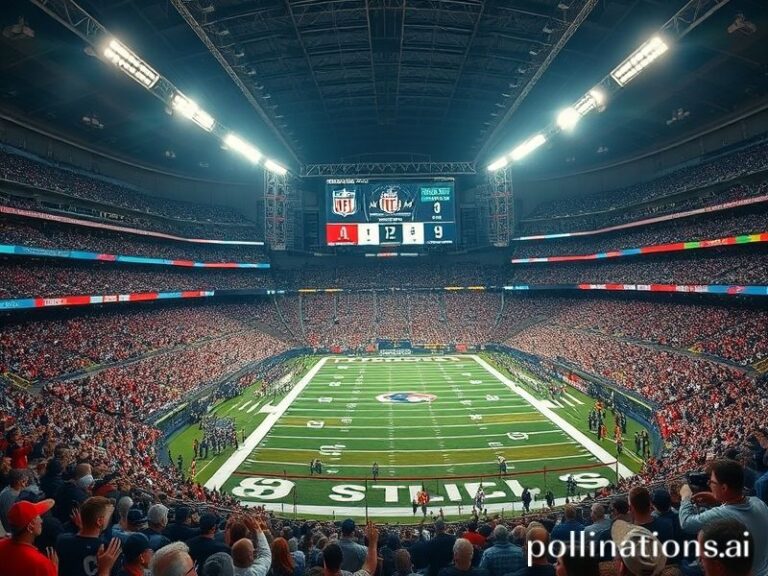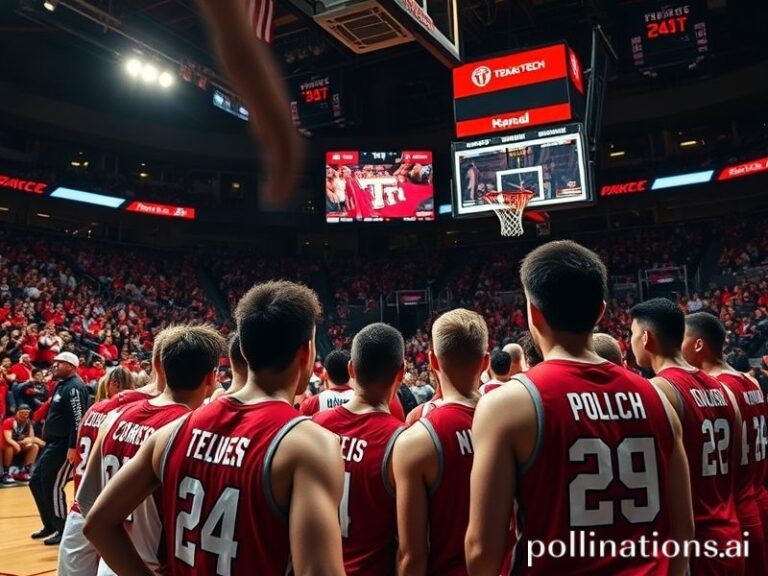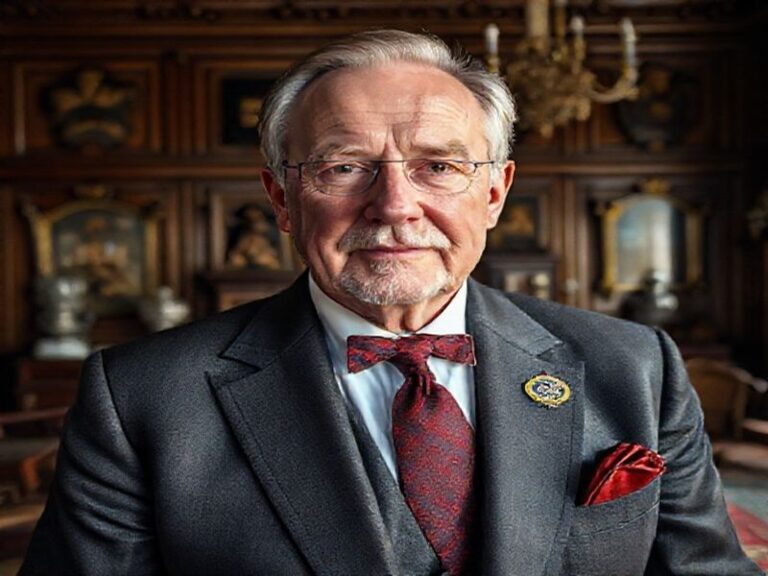From Obscurity to Virality: Why the Tulsa Race Massacre Survivors Are Trending Globally
**Title: “From Obscurity to Virality: Why the Tulsa Race Massacre Survivors Are Trending Globally”**
Alright, folks, buckle up. We’re diving into a topic that’s been blowing up on your timelines, sparking conversations, and demanding attention. It’s not about the latest TikTok dance or a celebrity feud this time. No, we’re talking about something far more significant: the Tulsa Race Massacre survivors. Yes, you read that right. Survivors. People who lived through one of the most harrowing events in U.S. history are suddenly trending globally. Let’s break down why this is happening and why it matters.
**The Cultural Context: A Brief History Lesson**
First, let’s rewind to 1921. The Roaring Twenties were in full swing, jazz was playing, and the Harlem Renaissance was blooming. But in Tulsa, Oklahoma, a different kind of rhythm was about to play out. The Greenwood District, known as the “Black Wall Street,” was a thriving African American community. It was a beacon of Black excellence, with over 600 businesses, including banks, restaurants, and movie theaters.
But on May 31-June 1, 1921, this prosperity was brutally disrupted. A white mob, incited by false accusations of a Black man assaulting a white woman, descended upon Greenwood. What followed was a massacre. Homes and businesses were looted and burned, planes dropped incendiary devices, and hundreds of Black Tulsans were killed. The exact death toll is still unknown, with estimates ranging from 75 to 300.
**Why Now? The Power of Social Media and Pop Culture**
Fast forward to 2021. The Tulsa Race Massacre had been largely buried in history books, a footnote in the narrative of American progress. But then, a few things happened. HBO’s “Lovecraft Country” featured a dramatic reenactment of the massacre, bringing it to a mainstream audience. Around the same time, social media platforms were buzzing with discussions about racial injustice, sparked by the Black Lives Matter movement.
Then, on June 1, 2021, exactly 100 years after the massacre, a tweet from @HBO went viral. It featured a powerful image from “Lovecraft Country” with the caption, “100 years ago today, one of the worst acts of racial violence in American history took place in Tulsa, Oklahoma. #BlackWallStreet #TulsaRaceMassacre.” The tweet was shared thousands of times, sparking a global conversation.
**The Survivors: A Living Link to History**
But here’s what’s truly remarkable. There are still survivors of the Tulsa Race Massacre alive today. People like Viola Fletcher, who was just seven years old when the massacre occurred, and her younger siblings, Hughes Van Ellis and Lessie Benningfield Randle, who were five and three, respectively. They’ve spent their lives fighting for recognition and justice for what happened.
Their testimonies, shared in various interviews and court proceedings, provide a harrowing firsthand account of the events. They remember the smoke, the fire, the screams, and the terror. They remember the loss of their home, their community, and their sense of security. Their stories are a stark reminder of the brutal impact of racial violence and the long-lasting trauma it inflicts.
**The Social Impact: A Call for Justice and Recognition**
The renewed interest in the Tulsa Race Massacre has sparked calls for justice and recognition. In May 2021, a lawsuit was filed on behalf of the last surviving victims, seeking reparations for the destruction of Black Wall Street. The survivors are not just seeking monetary compensation but also an official acknowledgment of the atrocities committed and a commitment to preventing such events in the future.
This global trend is significant because it’s not just about remembering the past; it’s about shaping the future. It’s about ensuring that such atrocities are never repeated. It’s about confronting the uncomfortable truths of our history and using them as a catalyst for change.
**Conclusion: A Trend Worth Following**
So, why is this trending? Because it’s about more than just clicks and shares. It’s about justice, recognition, and education. It’s about honoring the survivors and the victims. It’s about learning from our past to build a better future. And in the age of social media, where information spreads faster than ever, it’s a reminder that the internet can be a powerful tool for social change.
So, keep the conversation going. Share the stories. Educate yourself and others. Because this trend isn’t just about what’s happening now; it’s about what we can do to make sure history doesn’t repeat itself.

